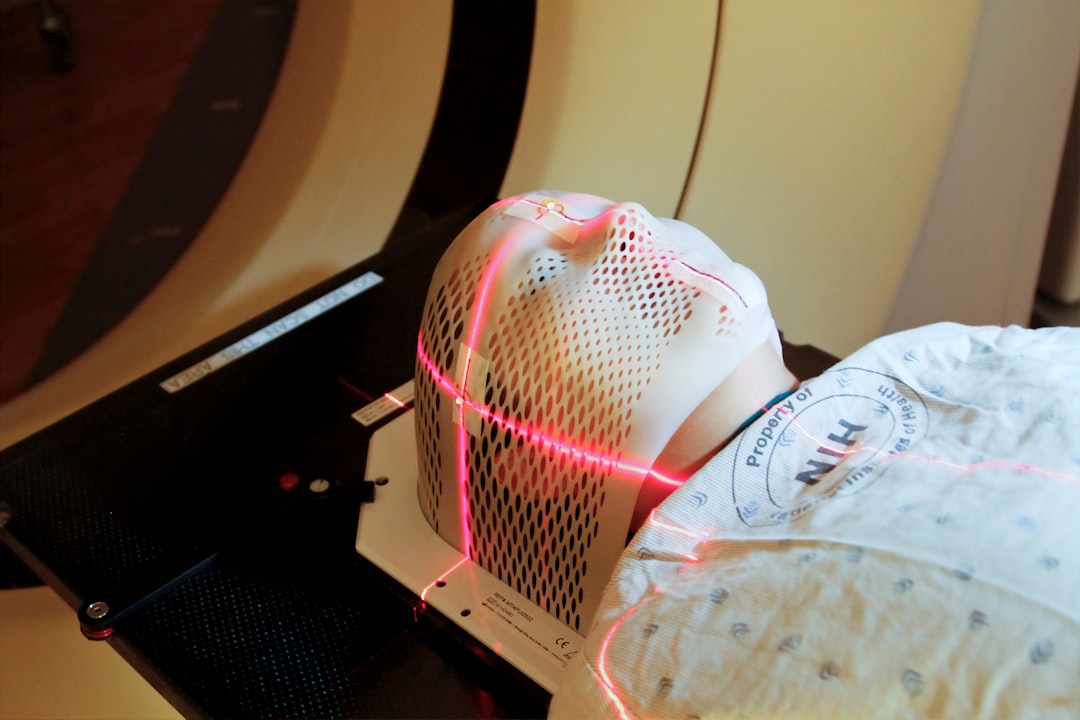What is it about?
Bacterial resistance to antibiotics is one of the most serious challenge to global public health. Coordinated efforts in minimizing the risk of spread of resistant bacteria and renewing research efforts in the search for novel antibacterial agents are urgently needed to manage this global crisis. With the explosion of bacterial genomic data and rapid development of new sequencing technologies, the understanding of bacterial pathogenesis and identification of novel antibiotic targets have significantly improved.
Featured Image
Why is it important?
The introduction of new antibiotics in clinical settings, i.e. agents that belong to a new class of antibacterials, act on new targets or has a novel mechanisms of action, may not be sufficient to cope with the emergence of multidrug-resistant pathogens such as Staphylococcus aureus, Streptococcus pneumoniae, Pseudomonas aeruginosa, Klebsiella pneumoniae, Acinetobacter baumannii and Escherichia coli.
Perspectives
I hope this article will help the scientific community pool their resources together in the fight against multidrug-resistant pathogens.
Dr Pooi-Yin Katrina Chung
International Medical University
Read the Original
This page is a summary of: Current Technology in the Discovery and Development of Novel Antibacterials, Current Drug Targets, April 2018, Bentham Science Publishers,
DOI: 10.2174/1389450118666170911114604.
You can read the full text:
Contributors
The following have contributed to this page










